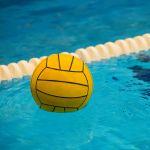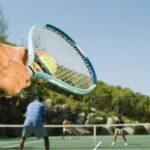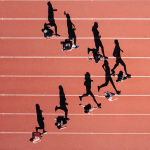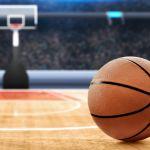The Characteristics of a Resilient Athlete
What is resilience, and how does resiliency impact an athlete’s growth? Resilience is a mental attribute that helps an athlete rise to challenges (making comebacks late in a competition), successfully deal with adversity (competing when your game is off or competing in difficult playing conditions), and cope with difficult situations (dealing with injury). All athletes can identify performances … Sport Psychology Article…






